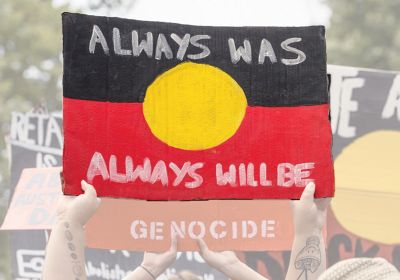
On its 50th anniversary, Markela Panegyres and Chloe de Silva spoke to Gumbainggir activist and historian Gary Foley about the history and significance of the Aboriginal Tent Embassy.

On its 50th anniversary, Markela Panegyres and Chloe de Silva spoke to Gumbainggir activist and historian Gary Foley about the history and significance of the Aboriginal Tent Embassy.
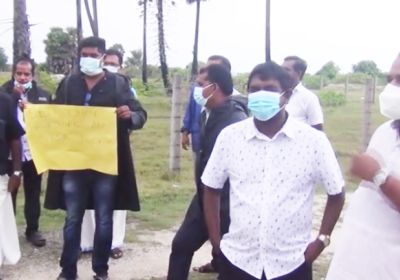
Despite ongoing repression, Tamils continue to fight for their rights, including over the seizure of Tamil land for military bases, reports Chris Slee.
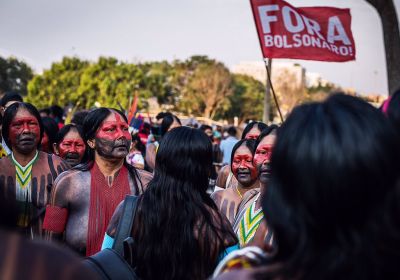
Brazil’s Supreme Court reserved its judgment on a historic case winding back Indigenous land rights, known as marco temporal (timeframe), on September 15, reports Davi Bertges.
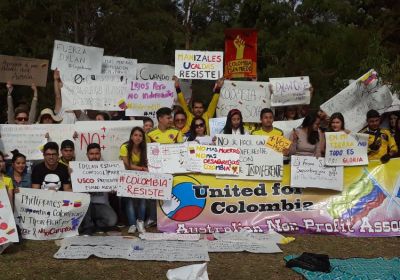
For the second year in a row, Colombia has been ranked the world’s most dangerous country for environmentalists by an international human rights group, reports Ian Ellis-Jones.
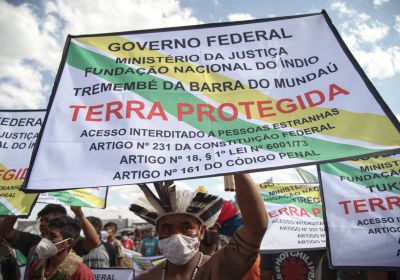
Indigenous peoples are mobilising in huge numbers against a proposal to open up their lands to mining and agribusiness, reports Felipe Goldman Irony.

The federal government has failed to consult Ngemba elders about a new development at the Ngemba Fish Traps in Brewarrina. Rachel Evans and Gill Boehringer report.

There was a sense of relief as former Collingwood president Eddie McGuire was forced to quit, but why is it that racists, or apologists for racism, often escape the consequences, asks Jacob Andrewartha.
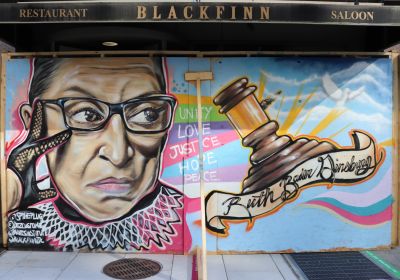
With the death of Supreme Court judge Ruth Bader Ginsburg, her iconisation has reached fever pitch, writes Benay Blend. But while she defended women's rights, she chose to ignore the rights of Palestinian and Indigenous peoples.

Three years after the alleged forced disappearance of Argentinian activist Santiago Maldonado, the Benetton family continues to violate indigenous rights in Patagonia, writes Marcella Via.
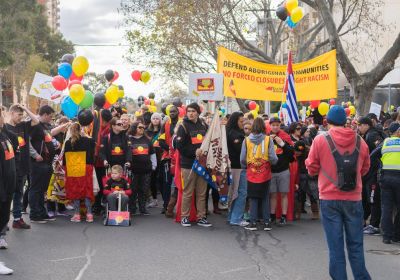
About 1200 people marched through Melbourne on July 8 in the annual National Aborigines and Islanders Day Observance Committee (NAIDOC) march. The rally demanded "Treaty Now", "Land Rights" and "Stop Deaths in Custody".